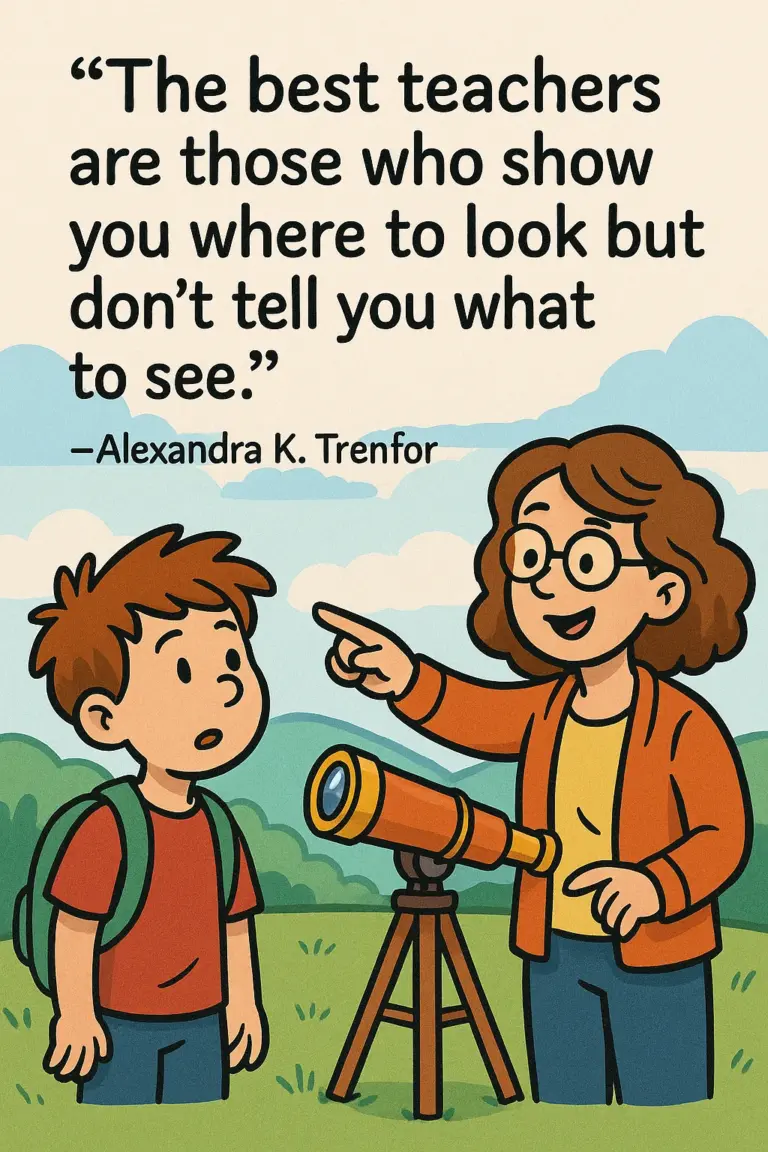Wow, going through all my drafts and it looks like I never posted these pictures from a few months ago when my parents were in town.
The Object Of Education Is Learning, Not Teaching
Russell Ackoff's revolutionary perspective on how we should reimagine educational systems The best teachers recognize that their role goes beyond mere instruction This article from Russell Ackoff on education is great: The Objective of Education Is Learning, Not Teaching. In this thought-provoking piece, systems thinking pioneer Russell Ackoff challenges our fundamental assumptions about education. He invites us to reconsider how learning actually happens and questions the effectiveness of traditional teaching methods that have dominated educational...
Dear Fork
Tyler’s Pockets
Before I wash Tyler's clothes I've learned to check his pockets. Today he had a cell phone and bow from one of his Mighty Morphin Power Rangers action figures. Oh to be 4 again...
Monkey Bread
Made some monkey bread with Tyler on Sunday. As you can see he is starting to love helping dad cook "gourmet" foods.





